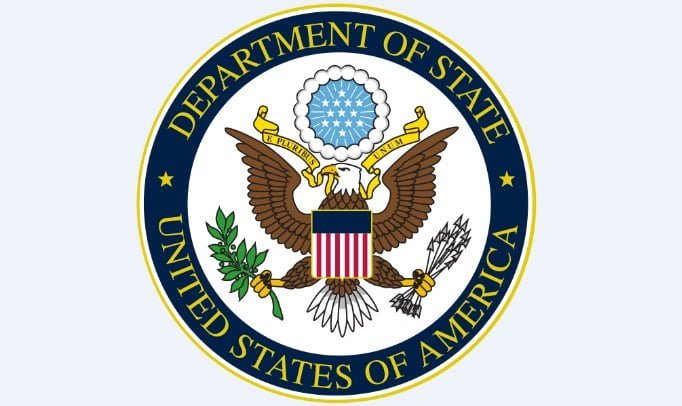On November 1, the U.S. Department of State released its annual Country Reports on Terrorism, which provides assessments of global counterterrorism landscape during 2018 for the U.S. Congress.
The document refers to Georgia as “a longstanding member of the Global Coalition to Defeat ISIS,” which has “continued its robust engagement with the United States across a range of counterterrorism-related issues.”
Stating that “there were no reported terrorist incidents” in Georgia in 2018, the report claims that the country “continued to enhance its counterterrorism legislation” through “amendments to its criminal code, which granted government officials greater authorities for cases with connections to foreign jurisdictions.”
According to the State Security Service of Georgia (SSS), Georgia’s domestic counterintelligence agency, eight individuals were “arrested, prosecuted, and sentenced” for “supporting ISIS member Akhmet Chataev, who was killed in a counterterrorism operation in Tbilisi in 2017.”
“Georgia is generally capable of detecting, deterring, and responding to terrorism incidents,” the report says, adding that the SSS, which “has the lead in handling terrorism-related incidents and investigations,” is “generally well equipped and well trained.”
The report also notes that the country “took steps in 2018 to improve its border, maritime, and aviation security through legislation and infrastructure improvement,” and that it is “actively engaged on counterterrorism issues at the international, regional, and bilateral levels.”
In particular, Georgia “cooperates closely” with NATO, the Council of Europe, the Organization of Black Sea Economic Cooperation, and the Georgia, Ukraine, Azerbaijan, and Moldova (GUAM) Organization for Democracy and Economic Development.
“In 2018, Georgia signed a Memorandum of Understanding on secure communication lines and a liaison agreement in March with Europol, enabling the use of Europol’s secure channels for communication,” the report says.
It also notes that adding to existing agreements with 23 countries and the European Union, the country has also signed agreements “on the exchange and mutual protection of classified information” with Albania, Moldova and Italy, and concluded similar agreements with Germany and Belarus.
Read also:
- Georgia in U.S. State Department Terrorism Report 2017
- Georgia in U.S. State Department Terrorism Report 2016
This post is also available in: ქართული (Georgian) Русский (Russian)

